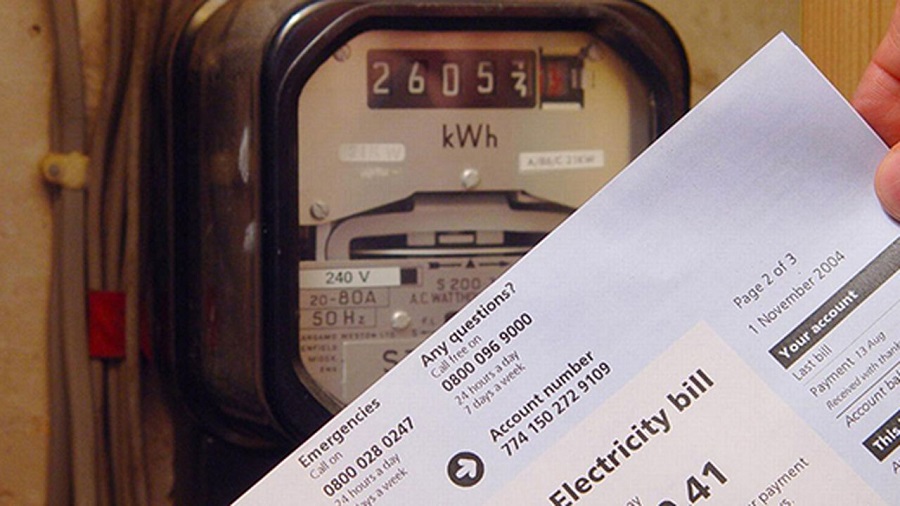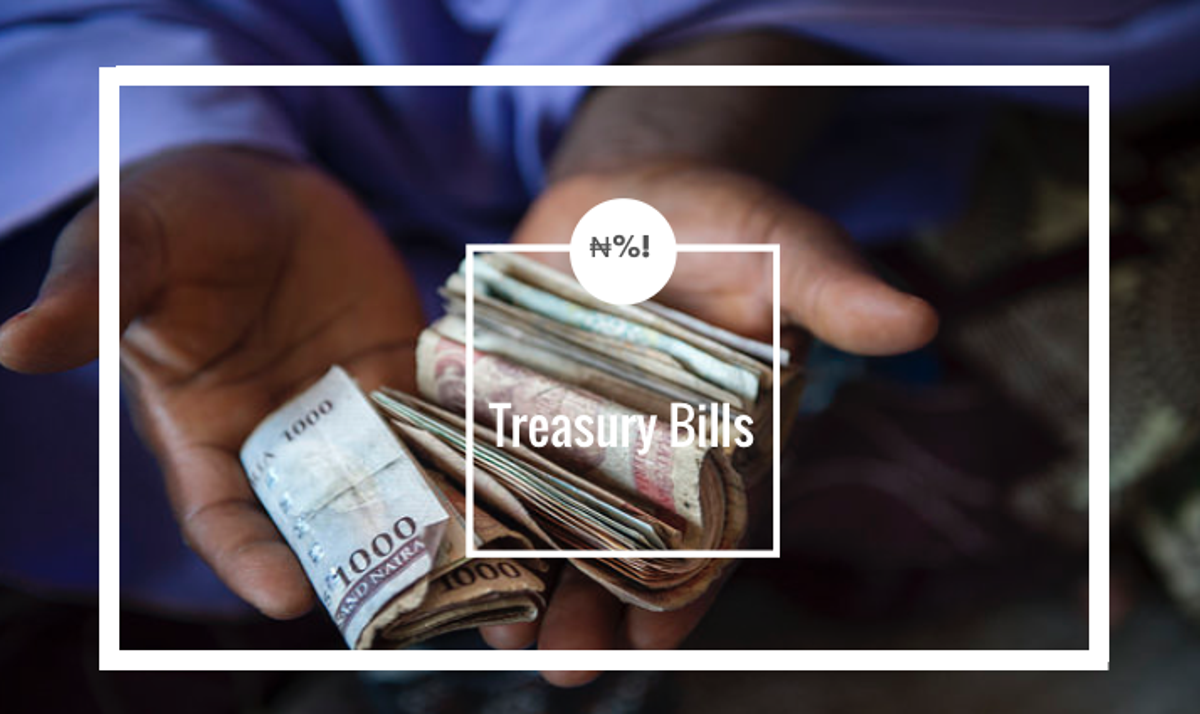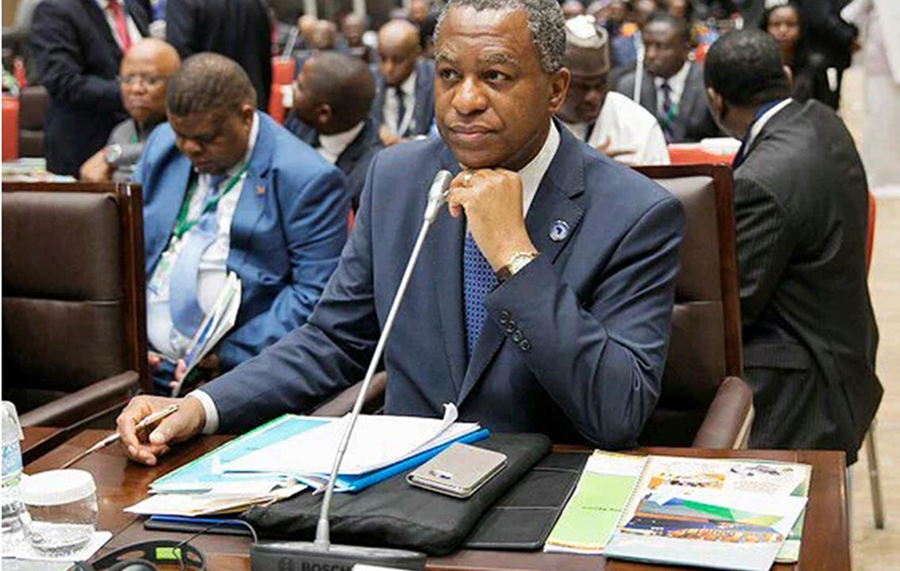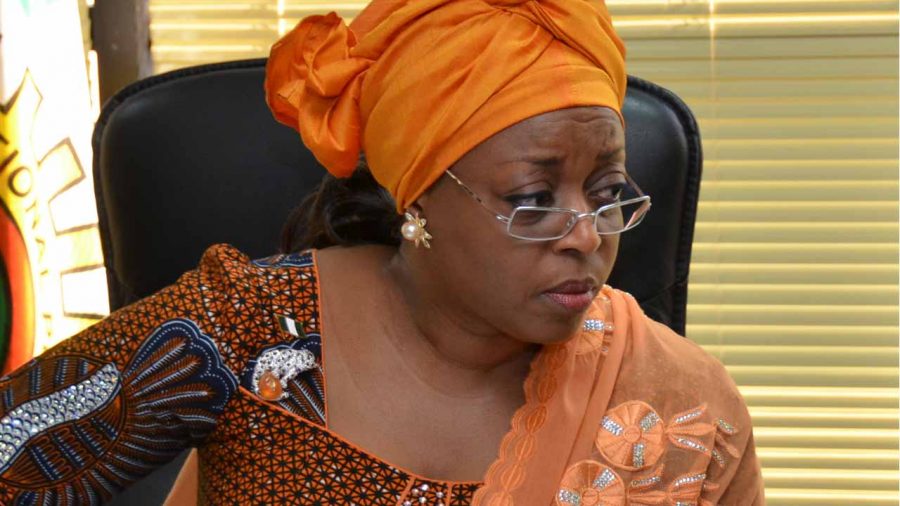EFG Hermes has stated that a collapse in domestic bills yield (3 months at 0.35%) and bonds yield (five-year at 3.5%) is forcing local funds into stocks.
This is according to a recent report by the company tagged: 2021 The Year Ahead — Is the Recovery in the Price?
The report notes that current fixed income yields, of which bills and bonds are a part, seem unsustainable – citing that real 12 month yields are -13.8%. Hence, the report suggests that the country is likely to remain a cautious market for foreign investors in 2021.
READ: CAC says defaulting lawyers to face 2 years imprisonment for filing false documents
Despite the awareness, the company is of the opinion that fixed income yields in Nigeria could stay higher than 2020 lows for the next few months, which may lead to heavy bond issues in early 2021, as precedent suggests.
- The company believes that the macro context is weak and policy-making is unpredictable in the country – pointing that although the country is facing a slow-burning BoP and fiscal crisis, it appears the authorities are making little efforts towards the difficult decisions necessary to put the economy and market on a sustainable footing.
- This may, according to the company, impact earnings growth negatively in 2021 and 2022.
Accordingly, the report contends that this is one of the reasons why foreign investors avoid investing in the country’s instruments – noting that foreign investors seem to be happy selling to the local institutional bidders so that current data on holdings and flows depicts there is not much foreign money left in the market – as illustrated by foreign and domestic portfolio investment.
READ: Nigeria’s GDP growth to rebound between 1.7% and 2.0% in 2021 – United Capital report
What EFG Hermes is saying
- “While foreign portfolio investors are seeing some relief on the backlog, until we see serious policy changes, we do not think foreign investors will become net buyers of Nigerian stocks. There is no indication that such changes are in the pipeline.
- “We, therefore, expect a rising share of future net contributions to go to stocks, as well as cash coming from bond and bill maturities. However, we note that PFAs remain reluctant buyers, and the list of stocks in which they are happy investors is short.”























